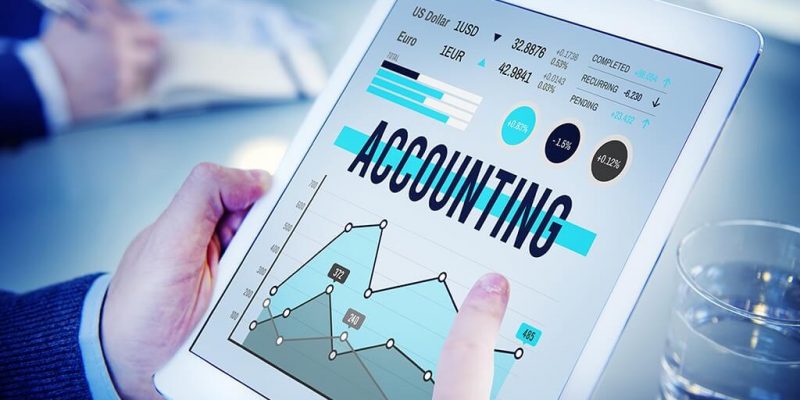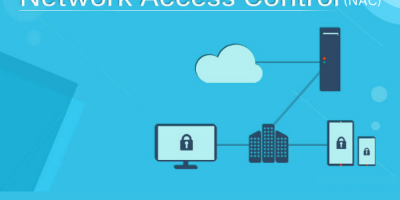It helps to manage financial transactions, track expenses, and generate reports that aid in decision-making. There are two types of accounting software: cloud-based and non-cloud-based. In this article, we will explore the advantages of using Non cloud-based accounting software.
What is Cloud-Based Software?
Cloud-based software is installed on a computer or server and runs locally. It does not require an internet connection to function. Data is stored on the computer or server, and users can access it from the same location or through a network.
Advantages of Non Cloud-Based Accounting Software
- Security
One of the biggest advantages of non cloud-based accounting software is security. Data is stored locally, which means there is no risk of a breach or hacking attack. This is particularly important for businesses that handle sensitive financial information.
Cloud-based accounting software stores data on remote servers, which can be vulnerable to security breaches. Although cloud-based providers use security measures to protect data, there is always a risk of unauthorized access.
cloud-based accounting gives businesses complete control over their data. They can choose to encrypt data, restrict access, and back up data to prevent loss or corruption.
- Cost-Effective
cloud-based software is often more cost-effective than cloud-based software. Businesses only need to pay for the software license and any necessary hardware, such as a computer or server.
Cloud-based accounting software requires a subscription fee, which can add up over time. Additionally, businesses may need to upgrade their internet connection to accommodate the software, which can be an additional cost.
Accounting software is a one-time purchase that can be used for many years, making it a cost-effective option for businesses on a budget.
- Customization
Accounting software is highly customizable. This level of customization is not available with cloud-based software.
For example, businesses can choose to add modules or features that are relevant to their industry. They can also customize reports to provide the exact information they need.
Customization allows businesses to use the software more efficiently, which can save time and improve productivity.
- Accessibility
Accounting software is accessible even without an internet connection. This makes it ideal for businesses that do not have a reliable internet connection or work in remote locations.
Cloud-based accounting software requires an internet connection to function. If the internet connection is lost, users may not be able to access data or perform essential functions.
cloud-based accounting software is accessible from a single location or through a network. This makes it ideal for businesses with multiple locations or remote workers.
- Integration
For example, businesses can integrate their accounting software with their inventory management system or customer relationship management (CRM) software.
This integration allows businesses to streamline their processes and reduce manual data entry. It also provides real-time access to data, which can aid in decision-making.
- Offline Access
Accounting software provides offline access to data. This means that users can access data even when there is no internet connection.
Cloud-based accounting software requires an internet connection to access data. If the internet connection is lost, users may not be able to access data until the connection is restored.
Offline access is particularly important for businesses that need to access data in remote locations or areas with poor internet connectivity.
- Data Ownership
Non cloud-based accounting software gives businesses complete ownership of their data. They can choose where to store data, who has access to it, and how it is backed up.
Cloud-based accounting software stores data on remote servers owned by the software provider. This means that businesses do not have complete control over their data. If the software provider experiences financial difficulties or goes out of business, businesses may lose access to their data.
Conclusion
Accounting software offers many advantages for businesses, including security, cost-effectiveness, customization, accessibility, integration, offline access, data ownership, flexibility, and no downtime.
Businesses should carefully consider their needs and requirements before choosing accounting software. cloud-based accounting software may be a better option for businesses that require high levels of security, customization, and accessibility without being tied to an internet connection.














Comments